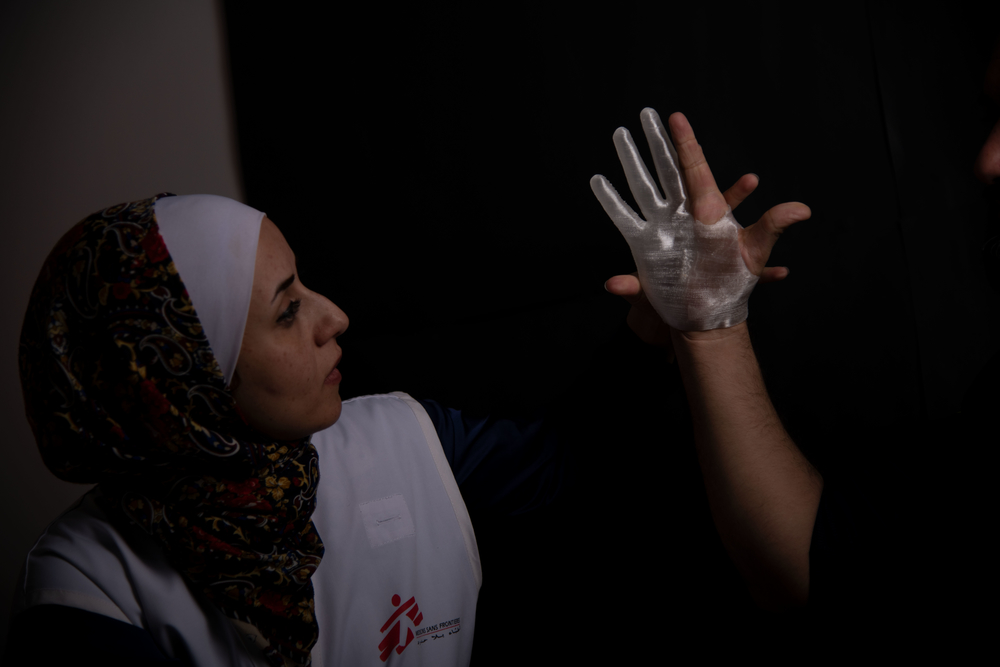
2 minute read
MSF AUSTRALIA | JORDAN 2018
Key activities funded by Australian and New Zealand donors in 2018
In Jordan, Médecins Sans Frontières runs healthcare programs to assist Syrian refugees and vulnerable host communities.
Following the closure of the border between southern Syria and Jordan and the announcement of a ‘de-escalation zone’ in southwestern Syria in July 2017, the number of refugees and war-wounded entering the country decreased. However, there are still almost 671,000 registered Syrian refugees and an unknown number of unregistered refugees in Jordan, most of whom rely on humanitarian assistance to meet their basic needs. In February 2018, the Jordanian government announced the cancellation of subsidised healthcare for Syrian refugees, making it even more difficult for them to access medical services.
Maternal and child health
We have been running a maternity department and a 16-bed neonatal intensive care unit in Irbid since late 2013, assisting a total of around 16,000 deliveries. In the nine months to September, when we handed over the maternity facility to another non-governmental organisation, our teams carried out 11,000 antenatal consultations, assisted almost 2,700 births and admitted 664 newborns.
In 2018, we increased our focus on mental healthcare, offering support to Syrian children and their parents in Mafraq governorate.
Reconstructive surgery for victims of violence in the Middle East
Our reconstructive surgery hospital in Amman continued providing comprehensive care to a monthly average of 200 patients from neighbouring countries – mainly Iraq, Syria, Yemen and Palestine – with conflict-related injuries. This included orthopaedic, plastic and maxillofacial surgery, physiotherapy, mental health support and prosthetics. Since 2016, we have been 3D-printing upper-limb prosthetic devices that are essential for patients to regain their physical integrity and autonomy. In 2018, our teams performed 1,160 surgical interventions.






